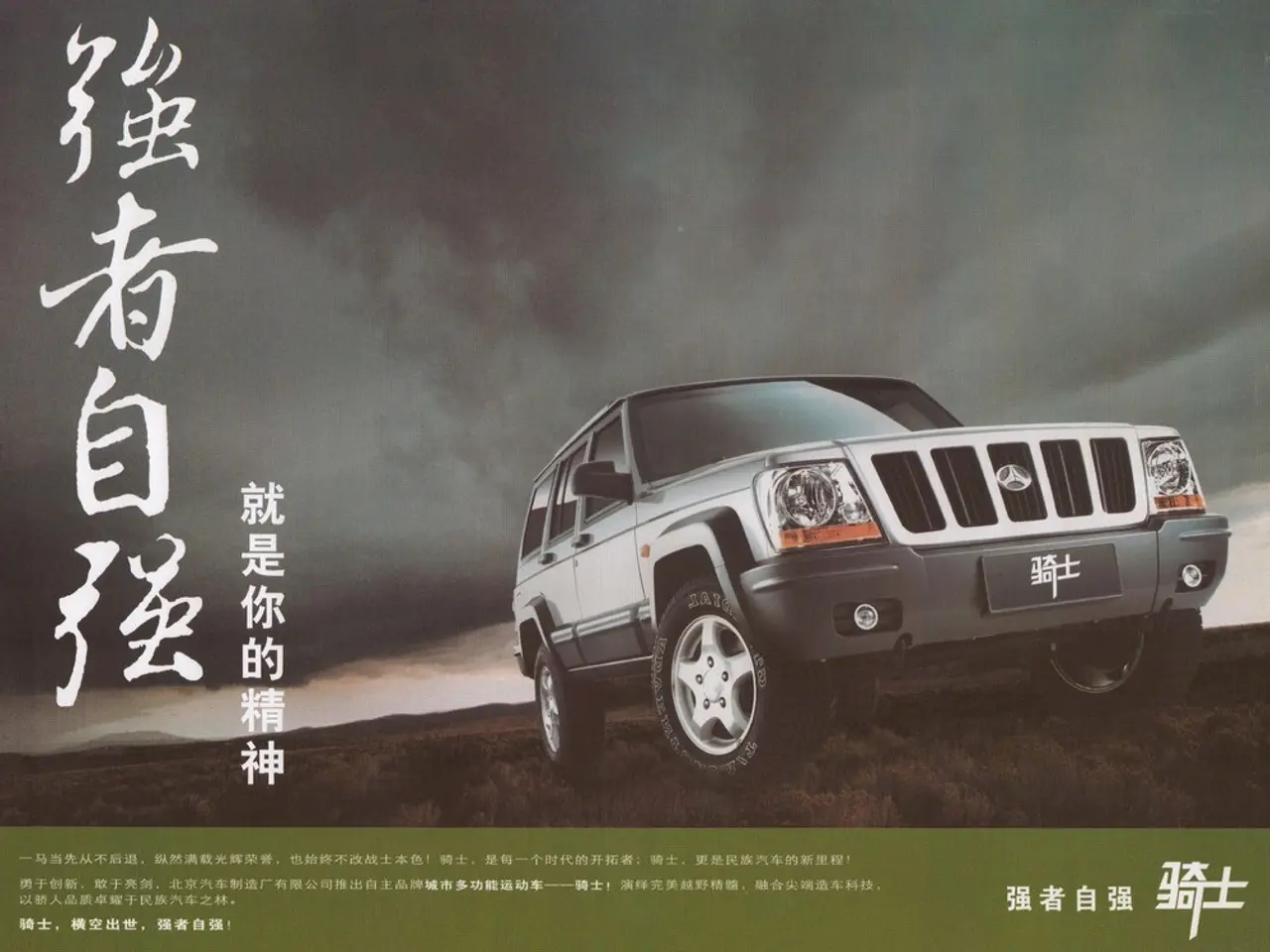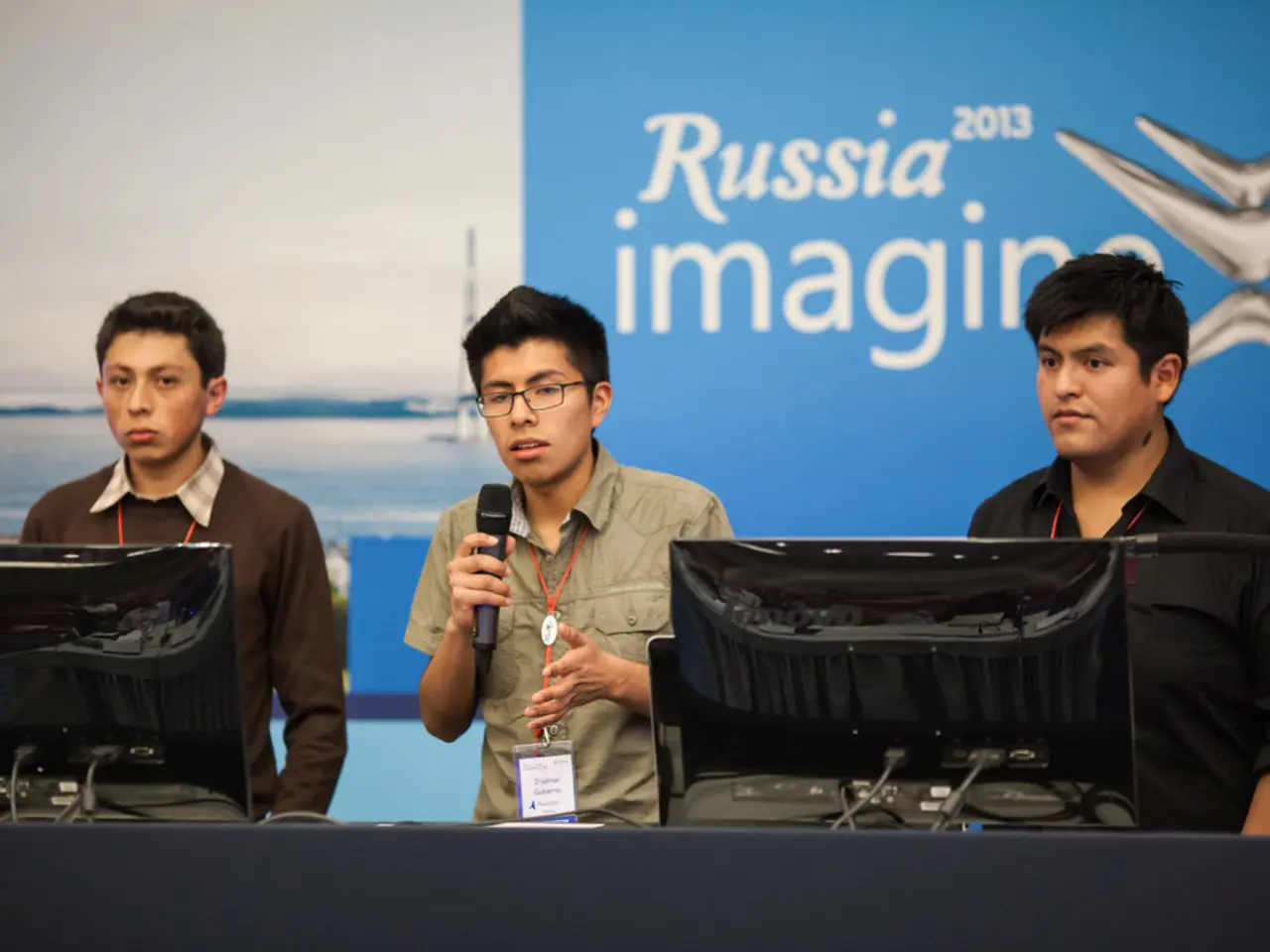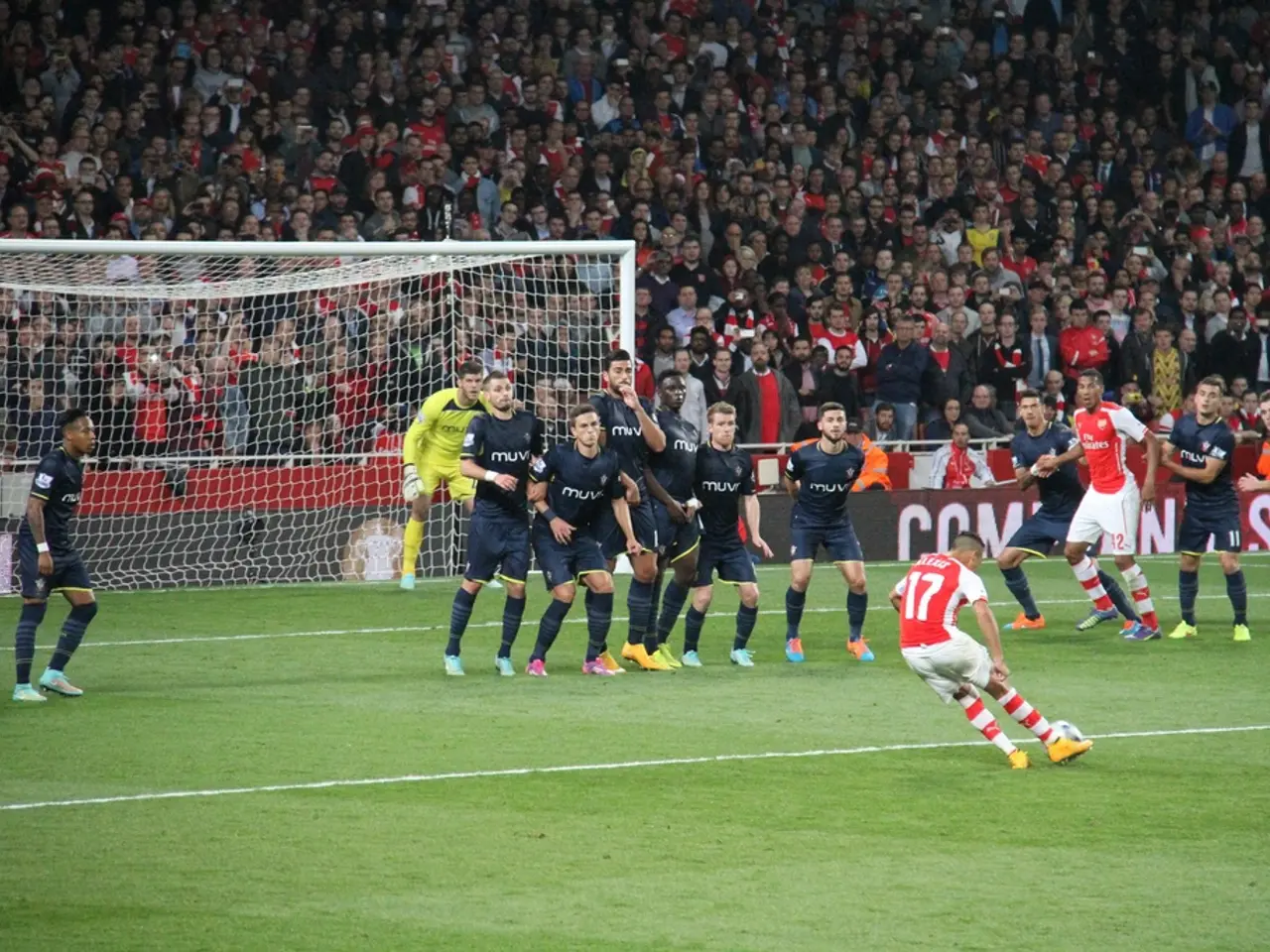Perspectives | Proposed Actions for the EU in Pursuit of Rebuilding Sino-EU Relations
In the intricate dance of international diplomacy, the relationship between the European Union (EU) and China has taken on new significance as both parties navigate the ongoing Russia-Ukraine conflict. As European leaders seek to balance diplomatic engagement and pressure against China, the evolving position of the world's most populous nation has had a discernible impact on the EU's outlook and foreign policy.
## China's Official Position and Strategic Interests
Officially, China presents a neutral stance, advocating for a political settlement to the conflict and positioning itself as a non-party to the war. However, private communications between Chinese officials and EU counterparts reveal a different story. In a recent meeting with EU foreign policy chief Kaja Kallas, Chinese Foreign Minister Wang Yi made it clear that China cannot accept a Russian loss in Ukraine, citing concerns about the strategic pressure that would shift onto China if Russia were to be defeated[2][3][5].
Despite denying accusations of military or financial support for Russia, the message from China underscores its view that a Russian defeat would be strategically dangerous for Beijing. This private stance, coupled with ongoing economic ties between China and Russia, has raised concerns in Brussels, leading the EU to view China's "neutral" posture as more aligned with Russian interests than with impartial mediation[2][4].
## Impact on EU Policy and Outlook
The EU's policy towards China has become more cautious, balancing the desire for engagement with the need to address Beijing's position on Russia. This has led to increased coordination with allies, particularly the United States, to maintain united pressure on Russia while managing the risks of a more confrontational stance with China.
Reports of Chinese companies potentially aiding Russia in occupied Crimea and possible military-technical cooperation have led to heightened vigilance and calls within the EU for greater scrutiny of dual-use exports and technology transfers to Russia with potential Chinese involvement[4]. The EU now increasingly views China's "neutral" posture as more aligned with Russian interests than with impartial mediation.
## A Call for Mutual Respect and Global Perspective
Despite the complexities, it is crucial for the EU to appreciate China's unique perspective and restraint in the matter. China, as a sovereign nation, has its own position on the conflict with Russia, which may contribute to finding a peaceful resolution. The EU is encouraged to view the conflict from a global perspective, considering the interests and decisions of various countries, including China.
The EU is advised to understand and respect decisions made by other countries, including those of the Global South, which have chosen not to join Western sanctions on Russia, indicating a desire for peaceful resolution. The EU is urged to work towards ending the conflict with Russia, but this should be done in a manner that respects the sovereignty of all nations and promotes international cooperation.
In summary, China's stance on the Russia-Ukraine conflict has shaped the EU's approach, leading to a more cautious and vigilant policy towards both Beijing and Moscow. The EU-China relationship should be based on mutual respect, cooperation, and a shared goal of ending the conflict and promoting global peace and stability.
| Aspect | China’s Position/Influence | EU Response/Policy Shift | |-------------------------|---------------------------------------------|-----------------------------------------| | Diplomatic Stance | Public neutrality, private support for Russia | Increased skepticism, calls for clarity | | Economic Ties | Sustained with Russia; possible Crimea links | Enhanced export controls, vigilance | | Security Concerns | Military-tech cooperation alleged | Coordinated with allies, monitoring | | Strategic Alignment | Seeks to prevent Russian defeat | Balances pressure on Russia and China | | Global Perspective | Offers unique insights, potential allies | Consideration of various countries' decisions |
- The evolving position of China, particularly its support for Russia, has significantly influenced the EU's foreign policy and strategic approach, causing the EU to view China's "neutral" posture as more aligned with Russian interests rather than impartial mediation, leading to increased skepticism and calls for clarity.
- As diplomatic ties between the EU and China extend beyond public rhetoric, the EU is advised to understand and respect China's unique perspective on the Russia-Ukraine conflict, as a sovereign nation, and to work towards ending the conflict in a manner that respects the sovereignty of all nations and promotes international cooperation, considering the interests and decisions of various countries, including China.







